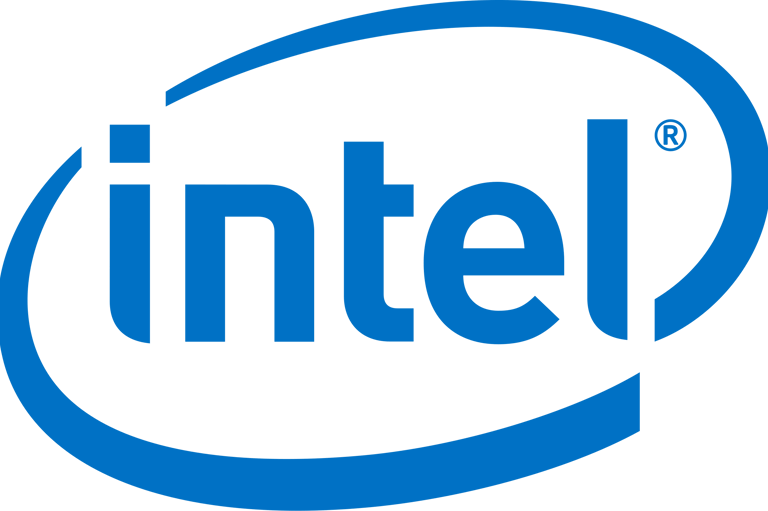

Intel, a global leader in semiconductor chip manufacturing, has made significant strides in the field of quantum computing. Leveraging its expertise in silicon technology and chip fabrication, Intel has taken a unique approach to quantum computing that sets it apart from many of its competitors. The company's quantum initiatives represent a comprehensive effort to develop scalable quantum systems, with a particular focus on silicon-based quantum computing.
At the heart of Intel's quantum strategy is the development of spin qubits in silicon. This approach aims to leverage Intel's extensive experience and infrastructure in silicon chip manufacturing to create quantum processors that could potentially scale to thousands or even millions of qubits. Intel believes that this silicon-based approach could offer advantages in terms of scalability, stability, and manufacturability compared to other qubit technologies.
A significant milestone in Intel's quantum journey was the introduction of its "Hot Qubits" technology in 2020. This innovation allows qubits to operate at higher temperatures than traditional superconducting qubits, potentially simplifying the cooling and control systems required for quantum computers.
Intel's quantum computing research extends beyond hardware development. The company is actively involved in the development of the full quantum stack, including control systems, interconnects, and software tools. This holistic approach aims to address the complex challenges of building practical, scalable quantum systems.
The company has also fostered collaborations within the quantum ecosystem. Through partnerships with academic institutions, research organizations, and other industry players, Intel is contributing to the advancement of quantum science and its practical applications. These collaborations include work on quantum algorithms, error correction techniques, and potential applications of quantum computing.
## Technical Deep Dive
Intel's quantum efforts are primarily focused on the development of silicon spin qubits. This approach uses the spin of individual electrons in silicon as quantum bits. Key aspects of Intel's silicon qubit technology include:
1. Fabrication Process: Intel leverages its advanced 300mm silicon fabrication facilities to create silicon spin qubits. This allows them to potentially manufacture quantum chips using processes similar to those used for classical semiconductor devices.
2. Spin Qubit Architecture: Intel's qubits are created by trapping individual electrons in quantum dots formed in silicon. The spin of these electrons (up or down) is used to represent quantum states.
3. "Hot Qubits": In 2020, Intel announced a breakthrough allowing their silicon spin qubits to operate at temperatures up to 1 Kelvin. While still very cold, this is significantly warmer than the millikelvin temperatures required by superconducting qubits. This could potentially simplify the cryogenic systems needed for quantum computers.
4. Scalability: Intel argues that silicon spin qubits could be more scalable than other qubit technologies due to their small size and compatibility with existing semiconductor manufacturing processes.
Intel's work on quantum control systems is another crucial aspect of their quantum strategy:
1. Horse Ridge Cryogenic Control Chip: Introduced in 2019, Horse Ridge is a cryogenic control chip designed to simplify the complex control electronics required for quantum computers. It operates at about 4 Kelvin, much warmer than the qubits themselves.
2. Horse Ridge II: An updated version announced in 2020, featuring enhanced capabilities including the ability to manipulate and read qubit states.
In terms of quantum software and algorithms, Intel is working on several fronts:
1. Full-Stack Quantum Development: Intel is developing a complete quantum software stack, from low-level qubit control to high-level quantum algorithms.
2. Quantum Simulation: Intel has developed quantum simulation tools to model the behavior of their qubits and quantum circuits, crucial for the design and optimization of quantum hardware.
3. Quantum Algorithm Research: The company is exploring quantum algorithms for various applications, including chemistry simulation, optimization problems, and machine learning.
Intel is also actively researching quantum error correction and fault tolerance. This work is crucial for developing quantum computers that can perform long, complex computations without being overwhelmed by errors. Key areas of focus include:
1. Topological Quantum Codes: Investigating error correction schemes that could be particularly well-suited to silicon-based quantum architectures.
2. Quantum Control Optimization: Developing techniques to reduce errors in qubit operations through improved control methods.
Intel's approach to quantum computing extends to the development of supporting technologies:
1. Cryogenic Systems: Working on advanced cooling systems that can support large-scale quantum processors while being more manageable than current dilution refrigerators.
2. Quantum Interconnects: Developing technologies for efficiently connecting multiple quantum chips, which could be crucial for scaling up to very large numbers of qubits.
3. Packaging: Leveraging Intel's expertise in advanced chip packaging to address the unique challenges of quantum processor packaging.
In the realm of quantum applications, Intel is exploring several key areas:
1. Quantum Chemistry: Investigating the use of quantum computers for simulating molecular systems, with potential applications in drug discovery and materials science.
2. Optimization Problems: Exploring quantum algorithms for solving complex optimization problems in logistics, finance, and other fields.
3. Machine Learning: Researching how quantum computing might enhance various machine learning tasks and algorithms.
Intel is also contributing to the development of quantum benchmarks and performance metrics. This work is crucial for assessing the progress of quantum technologies and comparing different quantum computing approaches.
The company is actively involved in quantum education and workforce development. Through collaborations with universities and the development of educational resources, Intel is helping to train the next generation of quantum engineers and scientists.
As quantum computing continues to evolve, Intel's unique approach - leveraging its semiconductor expertise to develop silicon-based quantum systems - positions the company as a potentially disruptive force in the quantum landscape. While significant challenges remain in scaling up quantum systems and achieving practical quantum advantages, Intel's progress in silicon qubit technology and its comprehensive approach to the full quantum stack demonstrate its commitment to advancing this transformative technology.Write your text here...
